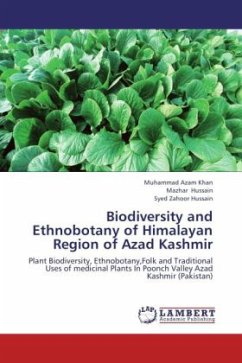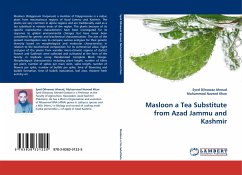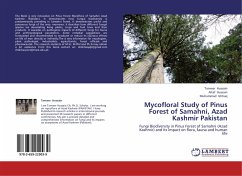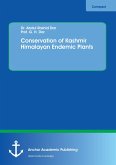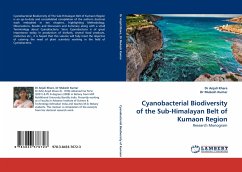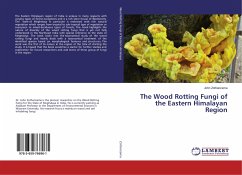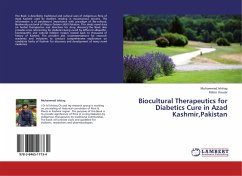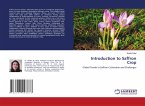Man has always been facinated by the diversity of life. Huminity derived all of its food and many medicines and industrial products from wild and domesticated plant life. Kashmir is bestowed with a unique biodiversity comprising of different climatic zones and wide range of plant species. Plants are crucial for the diversity of terrestrial life. The medicinal values of plants play vital role in general health of mankind. Allopathic drugs cause many side effects as compared to the extracts of medicinal plants. All indigenous remedies, whether traditional or modern, have originated directly or indirectly from folklore and rituals or measuring hold to the treasure of folk medicinal knowledge and ethnomedical botany. With rapid population growth and the experience of economic development by the means of outside interventions, the natural habitats have already been destroyed to considerable extent. This situation is particularly critical in the Himalayan region that is documented in this work.Conservation of biodiversity calls for both global attention and prompt action at regional level also.
Bitte wählen Sie Ihr Anliegen aus.
Rechnungen
Retourenschein anfordern
Bestellstatus
Storno

